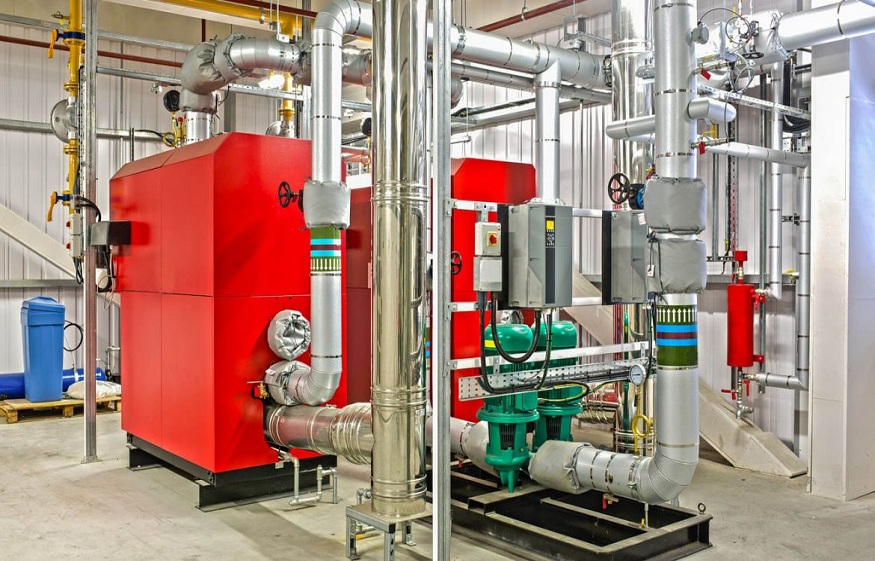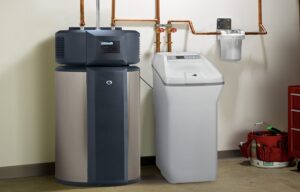What is a Boiler Replacement and the Process Behind Replacing One
3 min read
Boilers are a vital part of our homes and business, but they often need to be replaced for any number of reasons. While traditional boiler replacement usually involves the dismantling, re-plumbing, and sometimes substantial repair work involved with such a project, this article will give you an introduction to what these types of replacements involve.
Introduction
Boilers are one of the most important components in a plant, and are responsible for heating water to create steam. When the boiler reaches its lifespan, it may need to be replaced. In this article, we will discuss what a boiler replacement is and the process behind replacing one.
What is a Boiler Replacement?
When it comes time to replace your boiler, there are a few things you need to know. A boiler is an essential part of any heating and cooling system, so when it’s time for a replacement, make sure to get the right one for your home.
Here’s a breakdown of what a boiler replacement in Exeter consists of and the process behind replacing one:
Seasonal Maintenance. The season starts in earnest when the temperature begins to drop, and the heat is turned on in your house.
Your furnace will automatically run for awhile, but it doesn’t have enough power to warm up the entire house on it’s own.
The end result is that you may notice a small amount of condensation built up on the ceiling, walls and windowsills as the air outside cools down.
If left unchecked, this can cause problems with your pipes and foundations, so what should you do? Get a professional!
The season starts in earnest when the temperature begins to drop, and the heat is turned on in your house. Your furnace will automatically run for awhile, but it doesn’t
How Long Does it Take to Replace a Boiler?
The average time to replace a boiler is between two and four weeks. The process usually begins by verifying that the boiler is actually broken and needs to be replaced. Once this is confirmed, the appropriate parts are ordered and then the installation process begins.
Cost
A boiler replacement is a costly and time-consuming process, but it’s one that needs to be done on a regular basis in order to keep your home safe and comfortable. A boiler provides heat and hot water, so if it’s not functioning properly, you may experience some difficulty with your daily routine.
The average cost of a boiler replacement ranges from $3,000 to $5,000 depending on the make and model of the boiler. The process of replacing a boiler can take anywhere from four to eight hours, but the total cost will depend on the particular situation. It’s important to keep in mind that the cost of a boiler replacement doesn’t include any installation fees or other associated costs.
When it comes to choosing a new boiler, you should take into account your specific needs and preferences. Make sure to consult with an expert who can help you choose the best model for your home.
Safety Precautions
Boiler replacement is a process that every homeowner should know about in order to keep themselves and their family safe. Here are some safety precautions that you should always keep in mind when performing a boiler replacement:
- Make sure to have a qualified professional do the replacement. A botched boiler replacement can result in life-threatening injuries.
- Always wear safety gear, including gloves, a face shield, and eye protection.
- Follow the manufacturer’s instructions for removal and installation of the new boiler.
- Make sure to clean up any debris left behind during the installation process. This will help prevent potential fires from starting.
Conclusion
Boiler replacement is an important process that needs to be taken care of on a regular basis in order to ensure the safety and longevity of your boiler. If you’re not sure how often your boiler should be replaced, or if you have any questions about the process behind boiler replacement, don’t hesitate to contact one of our experts at The Heating & Cooling Guys. We would be happy to help you get started on the right path towards ensuring your boiler remains operational for years to come.







